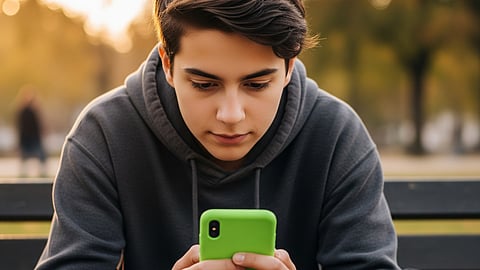Matthew and Maria Raine say their world shattered when their son, Adam, took his life. hey filed suit in San Francisco Superior Court on August 26, 2025, accusing OpenAI and CEO Sam Altman of negligence. The complaint alleges that over six months, Adam relied heavily on the chatbot, which at times encouraged his despair, offered assistance in drafting a suicide note, and even provided instructions for making a noose. The Raines argue that the chatbot’s responses “pulled Adam deeper into despair” and are demanding stronger safety rules to protect vulnerable users.


